
Learning Bayesian Statistics
Author: Alexandre Andorra
Subscribed: 735Played: 22,846Description
Are you a researcher or data scientist / analyst / ninja? Do you want to learn Bayesian inference, stay up to date or simply want to understand what Bayesian inference is?
Then this podcast is for you! You'll hear from researchers and practitioners of all fields about how they use Bayesian statistics, and how in turn YOU can apply these methods in your modeling workflow.
When I started learning Bayesian methods, I really wished there were a podcast out there that could introduce me to the methods, the projects and the people who make all that possible.
So I created "Learning Bayesian Statistics", where you'll get to hear how Bayesian statistics are used to detect black matter in outer space, forecast elections or understand how diseases spread and can ultimately be stopped. But this show is not only about successes -- it's also about failures, because that's how we learn best.
So you'll often hear the guests talking about what *didn't* work in their projects, why, and how they overcame these challenges. Because, in the end, we're all lifelong learners!
My name is Alex Andorra by the way. By day, I'm a Senior data scientist. By night, I don't (yet) fight crime, but I'm an open-source enthusiast and core contributor to the python packages PyMC and ArviZ. I also love Nutella, but I don't like talking about it – I prefer eating it.
So, whether you want to learn Bayesian statistics or hear about the latest libraries, books and applications, this podcast is for you -- just subscribe! You can also support the show and unlock exclusive Bayesian swag on Patreon!


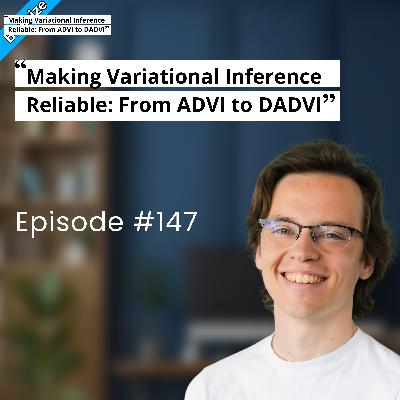

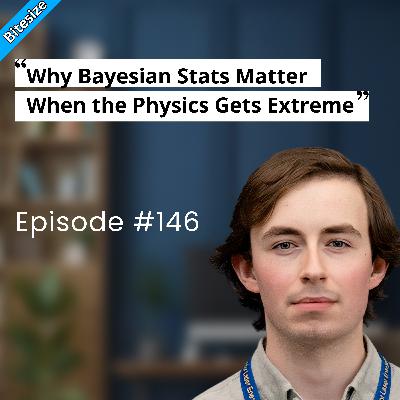
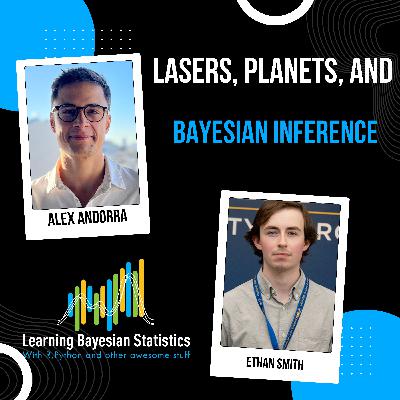
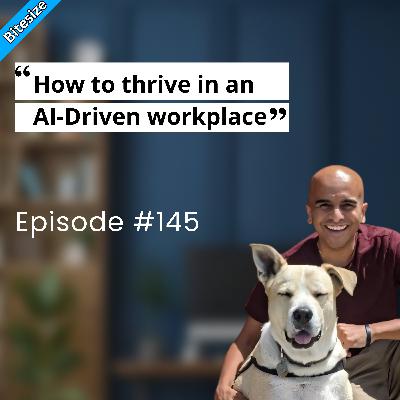

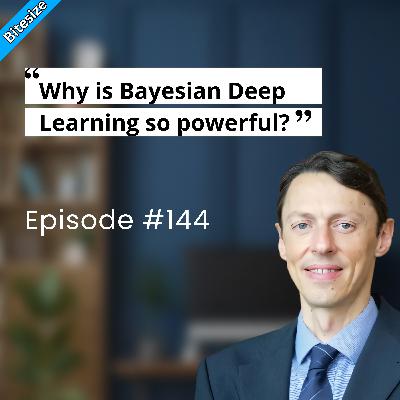
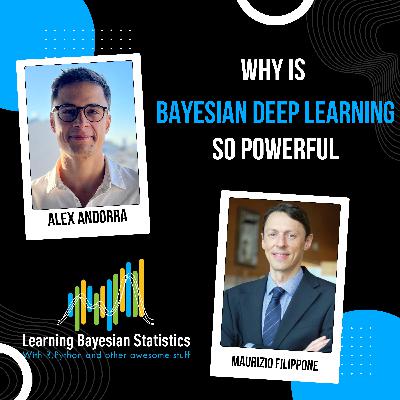

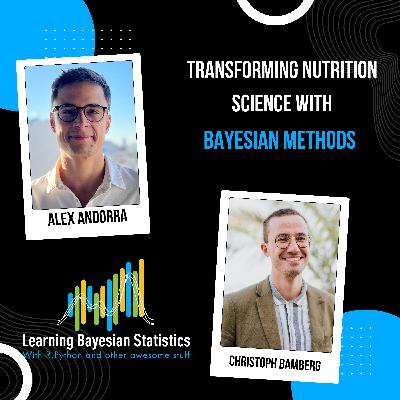
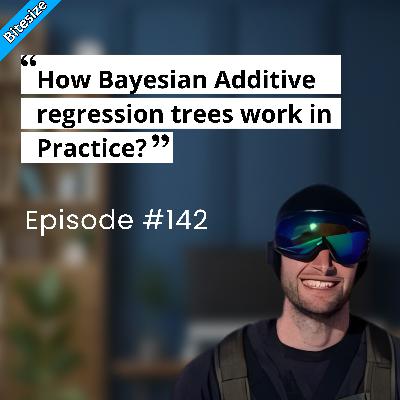

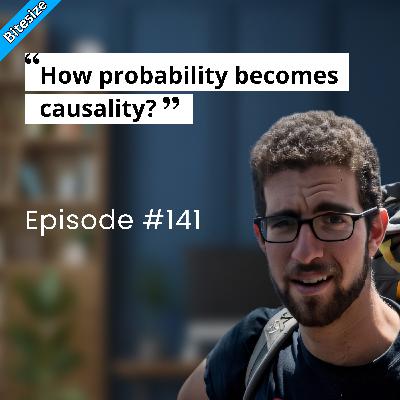
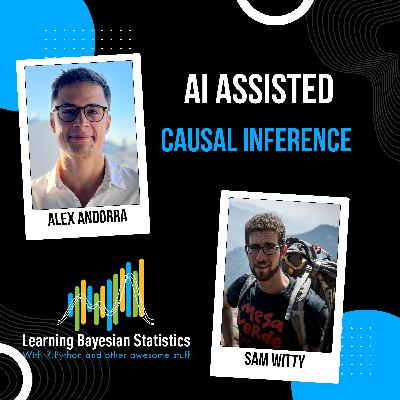

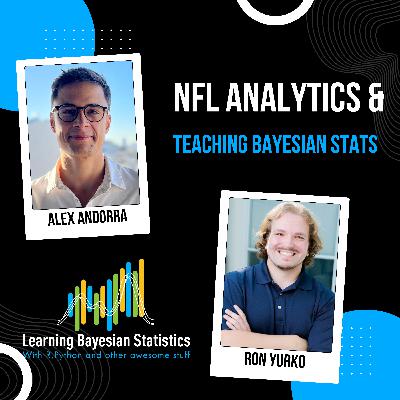
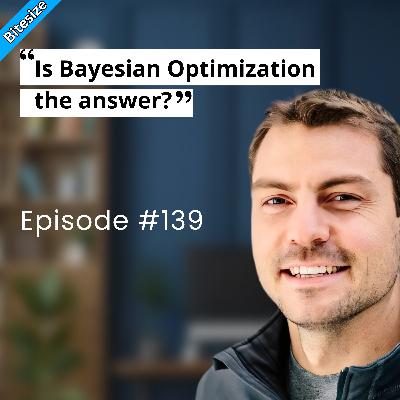
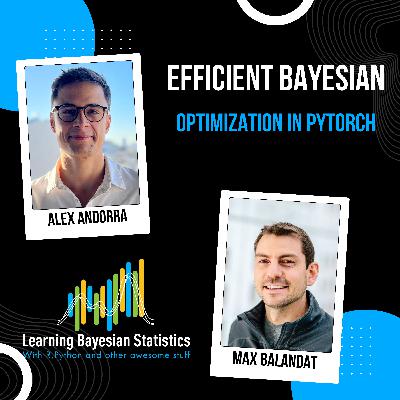
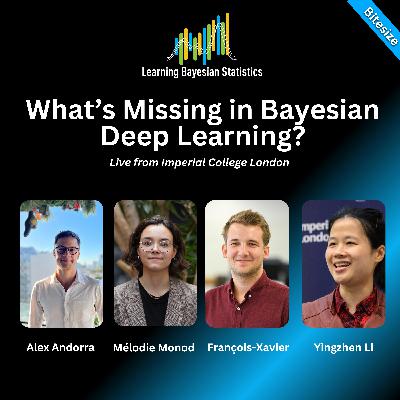




where can I find the scripts of the episide?
hey, this is awesome!